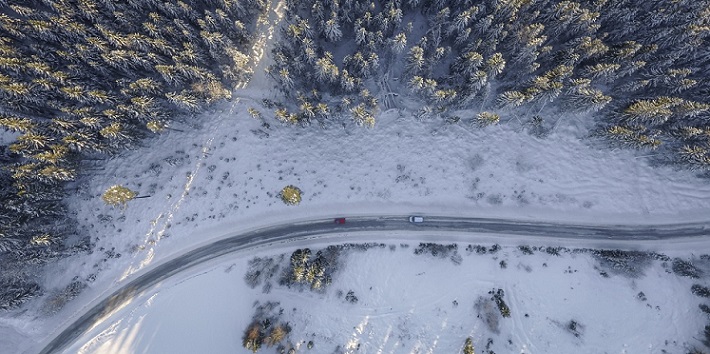Podcast: Play in new window

BOB HIRSHON (host):
Lakes on a high salt diet. I’m Bob Hirshon and this is Science Update.
Winter is fast-becoming an icy memory. But the salt we spread on streets and sidewalks to melt that ice persists, slowly turning our freshwater lakes and even our drinking water salty.
HILARY DUGAN (University of Wisconsin, Madison):
We’re getting to the point where we’re tasting the salt in our drinking water, which is pretty unpleasant.
HIRSHON:
That’s University of Wisconsin, Madison limnologist Hilary Dugan. She and her colleagues report in the Proceedings of the National Academy of Sciences that salt levels in northern lakes are rising despite improved management policies, because road salt’s been accumulating in soil for decades.
DUGAN:
Most aquatic species are adapted to extremely freshwater environments, and so what we end up seeing is usually a loss of biodiversity.
HIRSHON:
She says it will take many years of reduced salt use before the lakes will be able to flush the sodium chloride out of the system. I’m Bob Hirshon, for AAAS, the science society.
